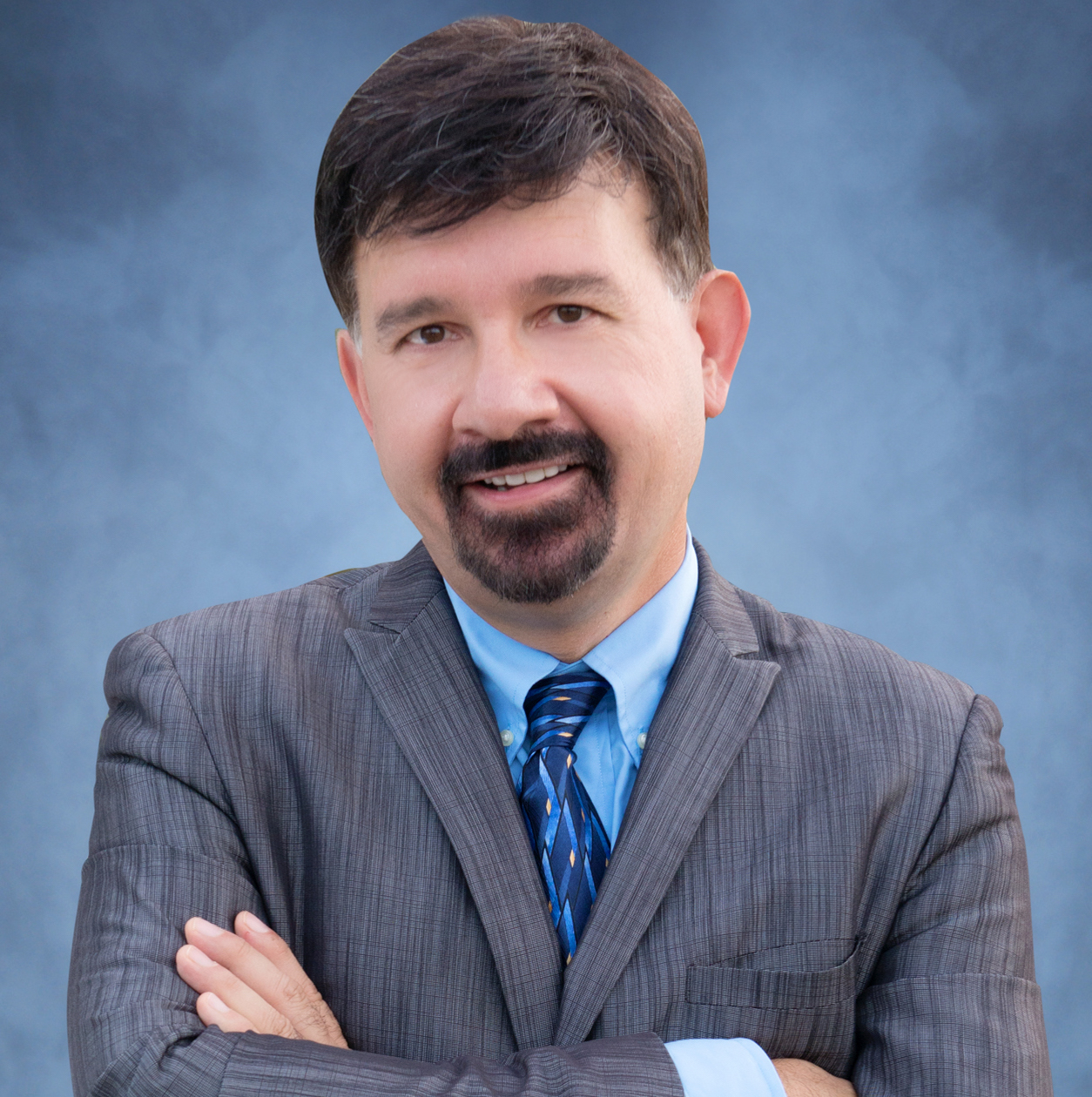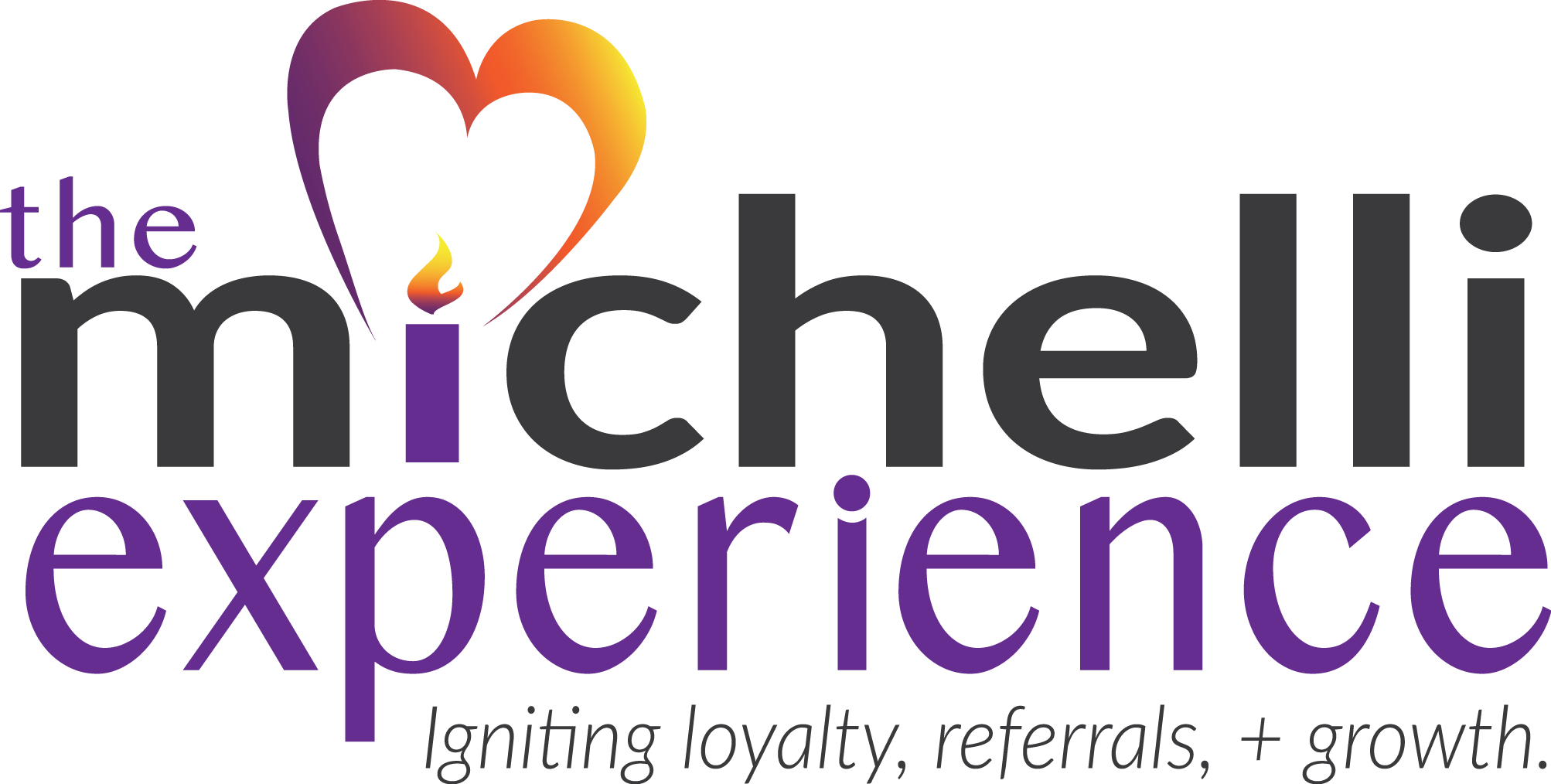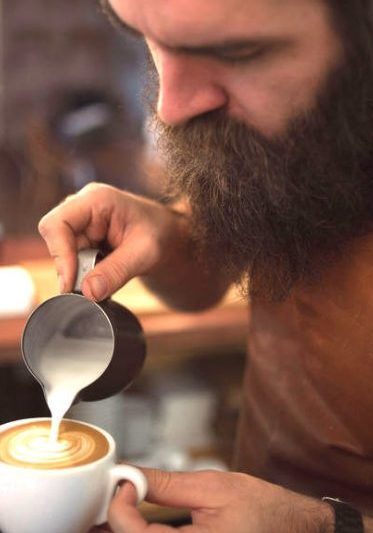Brand advertising, marketing, and sales efforts are all “promises”. The product and service experiences that follow those promises either fall short, deliver on, or exceed the promises made as customers choose to engage your brand.
In a world where many make distorted claims, people are inspired by experiences and stories of those who meet or exceed the expectations they create. Take, for example, Wayne Williams who drove from his home in North Carolina to Indiana to sit graveside by his father, a Cubs fan who died in 1980. Prior to his father’s death, Wayne and his dad made a pact to listen to the play-by-play of the Cubs when they made it to the World Series. Wayne delivered on that promise.
Some might argue that the Cubs themselves delivered on an implicit promise to generations of fans who purchased tickets on the belief that the team would ultimately win the pennant. Writing in a post on Psychology Today, Michelle Gielan once noted, “When we break small promises, others learn that they cannot count on us. Tiny fissures develop in our relationships marked by broken promises. We are not only communicating all of this to others, we are telling ourselves that we don’t value our own word. Not keeping a promise is the same as disrespecting yourself. Ultimately it can harm our self-image, self-esteem, and our life.”
My father put it more succinctly when he said, “The worst thing about lying is not that you won’t be believed but that you can’t believe.” Most leaders don’t consciously lie, they simply make promises based on a “best case” scenario and aren’t willing to design or invest in guaranteeing execution across all contingencies.
My favorite example of designing in promise fulfillment comes from The Ritz-Carlton in Dubai, where leaders assure “over-delivery” on a promise of a 45-minute massage. At The Ritz-Carlton Dubai, spa customers are promised a 45-minute massage, while massage therapists block out an 1 hour and 15 minutes for that massage (1 hour for the actual massage and a 15-minute buffer to assure the massage therapist is not rushed getting to the next guest). Surely pricing is done based on the delivery assumptions so that the customer’s expectations are exceeded, and the therapists themselves have no excuse for under-delivery.
In this election season, when candidates represent “political brands” filled by hype and promises that surely will fall short once they are in office, it’s good to remind ourselves that we have the power to deliver on our promises and in so doing differentiate ourselves while honoring our own trust and the trust of those we serve!
Personally, I am voting for over-delivery because there is inspirational power in promises fulfilled!

Joseph A. Michelli, Ph.D. is a professional speaker and chief experience officer at The Michelli Experience. A New York Times #1 bestselling author, Dr. Michelli and his team consult with some of the world’s best customer experience companies.
Follow on Twitter: @josephmichelli



